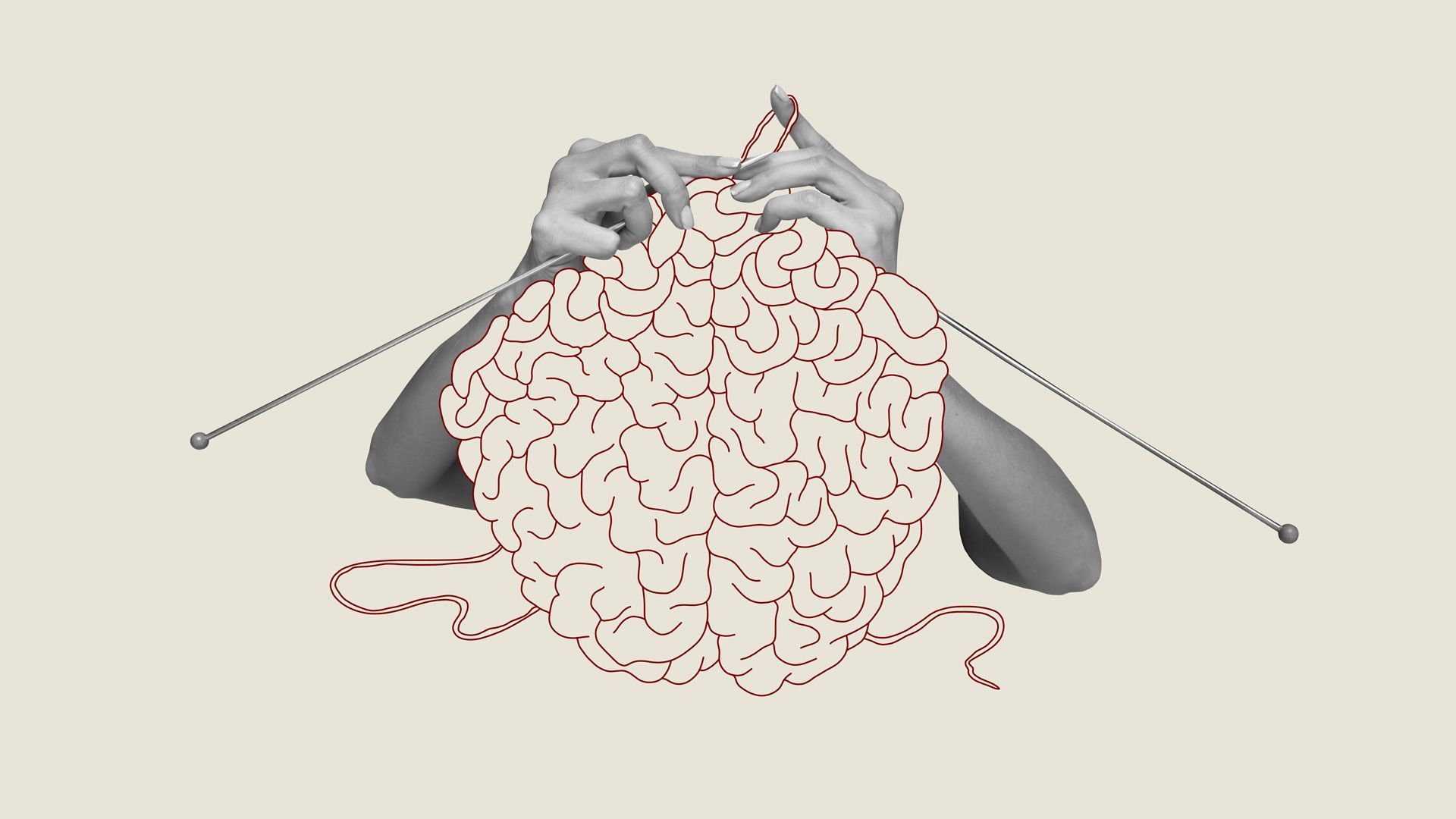Areas of Expertise
PTSD
Posttraumatic stress disorder (PTSD) is a psychiatric disorder that may occur in people who have experienced or witnessed a traumatic event such as a natural disaster, a serious accident, a terrorist act, war/combat, or rape or who have been threatened with death, sexual violence or serious injury.
LGBTQAI+ Issues
LGBTQAI+ issues are the unique challenges that are faced by our community that identifies as lesbian, gay, bisexual, transgender, queer, questioning, intersex, asexual, ally, and a plethora of other orientations and identities.
Sexual Assault
The term sexual assault refers to sexual contact or behavior that occurs without explicit consent of the victim. Some forms of sexual assault include attempted rape; fondling or unwanted sexual touching; forcing a victim to perform sexual acts, such as oral sex or penetrating the perpetrator’s body; Penetration of the victim’s body, also known as rape.
Interpersonal Trauma
Many events can be classified as “traumatic” such as a motor vehicle accident or the sudden death of a loved one. Interpersonal types of trauma are those events that occur between people. The people involved may have an established relationship, or it can be a one-time encounter.
Neuropsychology
Neuropsychology is a branch of psychology that is concerned with how a person's cognition and behavior are related to the brain and the rest of the nervous system. Professionals often focus on how injuries or illnesses of the brain affect cognitive and behavioral functions.
CPT
Cognitive processing therapy (CPT) is a specific type of cognitive behavioral therapy that has been effective in reducing symptoms of PTSD that have developed after experiencing a variety of traumatic events including child abuse, combat, rape and natural disasters.
CBT
Cognitive behavioral therapy (CBT) is a type of psychotherapeutic treatment that helps people learn how to identify and change destructive or disturbing thought patterns that have a negative influence on behavior and emotions.
DBT
Dialectical behavior therapy (DBT) is an evidence-based psychotherapy that began with efforts to treat borderline personality disorder. There is evidence that DBT can be useful in treating mood disorders, suicidal ideation, and for change in behavioral patterns such as self-harm, and substance abuse.
IT
Individual therapy (IT) is a form of therapy in which the client is treated on a one-on-one basis with a therapist. This type of therapy allows the therapist and client to focus on each other, building a rapport and working together to solve the client's issue.
Behavioral Therapy
Behavior therapy or behavioral psychotherapy is a broad term referring to clinical psychotherapy that uses techniques derived from behaviorism and/or cognitive psychology.
Services
As a coach and teacher, Dr. Bashem is dedicated to ensuring that each patient fully grasps the type of services that best suit their individual needs, and be fully informed of the processes and potential outcomes of utilizing various psychological services.
What is the First Step in Discovering What Services Would be Best for You?
Your first step is simply making an appointment. From here, you and Dr. Bashem will work together to assess your background, your story, your needs and goals and you will come together to decide on the best type of therapy for you.
Then What?
Acknowledge that healing takes time, and be kind to yourself. Be proud of yourself! You’ve taken an important step in self - care. Celebrate this important milestone!

